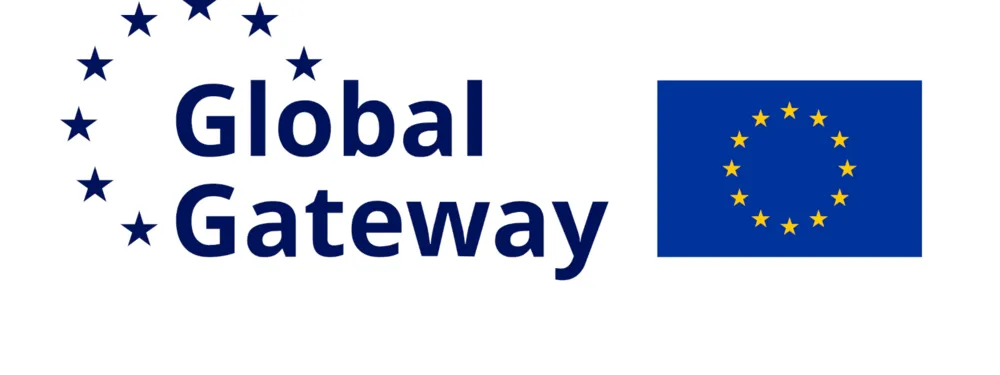In a bold move aimed at supporting women and enhancing their economic roles in society, the European Commission, in cooperation with the European Investment Bank (EIB) and several international partners, announced significant progress in implementing the "Global Gateway" strategy a European plan designed to bridge global investment gaps and promote smart, sustainable infrastructure across the world.
This announcement was made during a side event of the Fourth International Conference on Financing for Development under the United Nations. New agreements and initiatives were unveiled to support female entrepreneurship, particularly in key economic sectors such as agriculture, energy, climate, and the blue economy. One of the flagship efforts includes a €20 million agreement with Banque Al Amana in Mauritania to support small businesses owned and run by women, especially in sustainable fishing.
Nadia Calviño, President of the European Investment Bank, emphasized that “investing in women is investing in societal stability and prosperity.” Meanwhile, Josep Borrell, EU Commissioner for International Partnerships, stressed that women’s economic empowerment is a vital tool to reduce poverty and advance sustainable development.
The Gates Foundation also backed a new initiative to fund women-led small businesses in East Africa through affordable loans designed to help women grow their enterprises and gain economic independence. The Foundation’s CEO, Mark Suzman, underscored the importance of such partnerships in empowering women to shape their futures and their communities.
The World Bank Group, through its advisory arm CGAP, contributed by emphasizing the need for financial inclusion to enhance women’s economic resilience and autonomy, especially in light of growing climate and economic challenges. Similarly, the International Labour Organization (ILO) highlighted the importance of linking financial empowerment with decent work opportunities and capacity building in key sectors like agriculture.
These initiatives are directed toward women in regions including Africa, Asia, Latin America, the Caribbean, and the Pacific. They focus on supporting agricultural value chains, the blue economy, and projects that aid climate adaptation. Among the standout projects is the work of ETG Group, which helps women farmers in Africa develop climate-resilient local agricultural industries, as well as investment in the Mirova Gigaton Fund, which targets clean energy startups that serve women and low-income communities.
All these efforts fall within the broader EU Global Gateway plan, which aims to mobilize up to €300 billion in public and private investment by 2027, reinforcing sustainable development links without imposing dependency on recipient countries. These projects align with the EU's Gender Action Plan (GAP III) for external action and the 2X Challenge, which has pledged to invest $20 billion in women-focused projects over the next three years.
